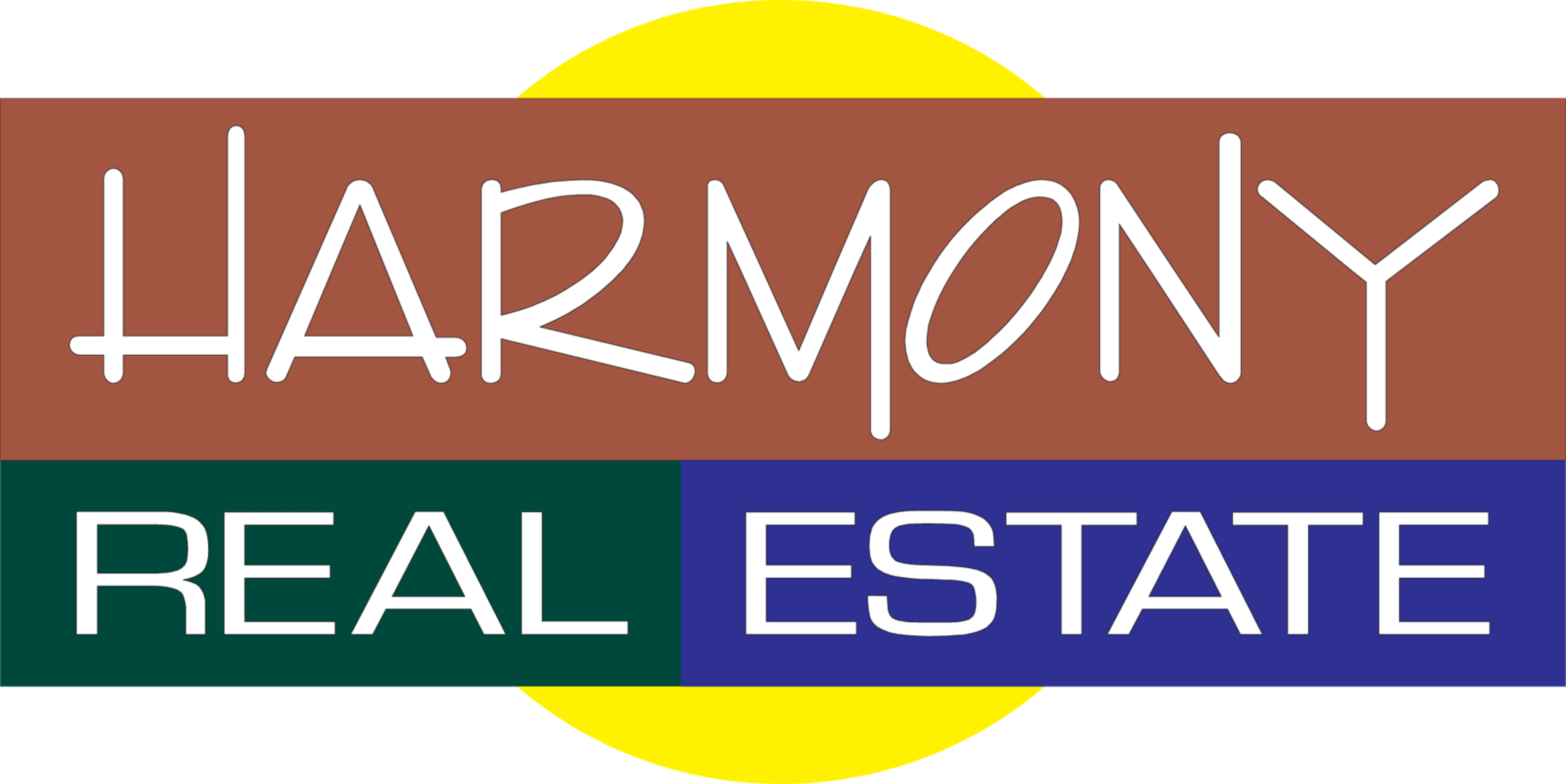Tips and Helpful Mortgage Info for Buyers
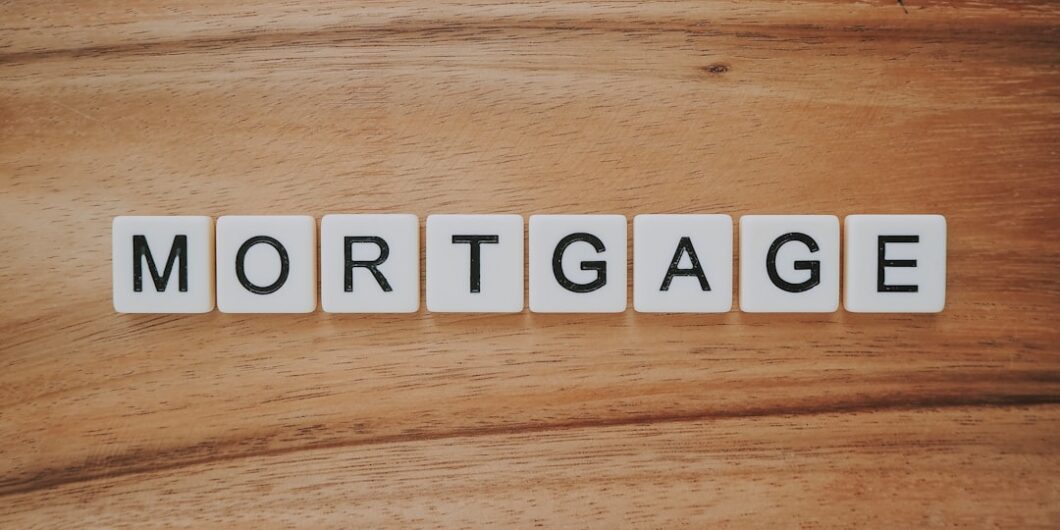
If you're thinking about buying a home, you probably have questions about mortgages. You're not alone! Many buyers feel overwhelmed at first. But don’t worry—helpful mortgage info for buyers can make the whole process feel less scary.
Mortgages don’t have to be confusing. When you understand the basics, you can make smarter choices and save real money. Whether you're looking at Londonderry houses for sale or exploring options across Southern NH houses for sale, knowing your mortgage facts matters.
Let’s break it all down in a friendly, easy-to-follow way.
What Is a Mortgage, Anyway?
Let’s start at square one.
A mortgage is a loan you use to buy a home. You borrow money from a lender, like a bank or credit union, and agree to pay it back over time—usually 15 to 30 years.
In return, the lender charges interest. That’s how they make money. The home acts as the security for the loan. If you don’t pay, they can take it back (but we don’t want that to happen!).
The more you know about how mortgages work, the better choices you can make.
The Key Parts of a Mortgage Loan
Every mortgage has a few big pieces you should understand:
Principal – This is the amount you borrow.
Interest – This is the extra money you pay back for borrowing.
Loan Term – How long you have to pay it off (15, 20, or 30 years).
Monthly Payment – This includes your loan amount, interest, taxes, and insurance.
Down Payment – The upfront cash you put toward the house.
Understanding these parts helps you compare options and budget for your future home.
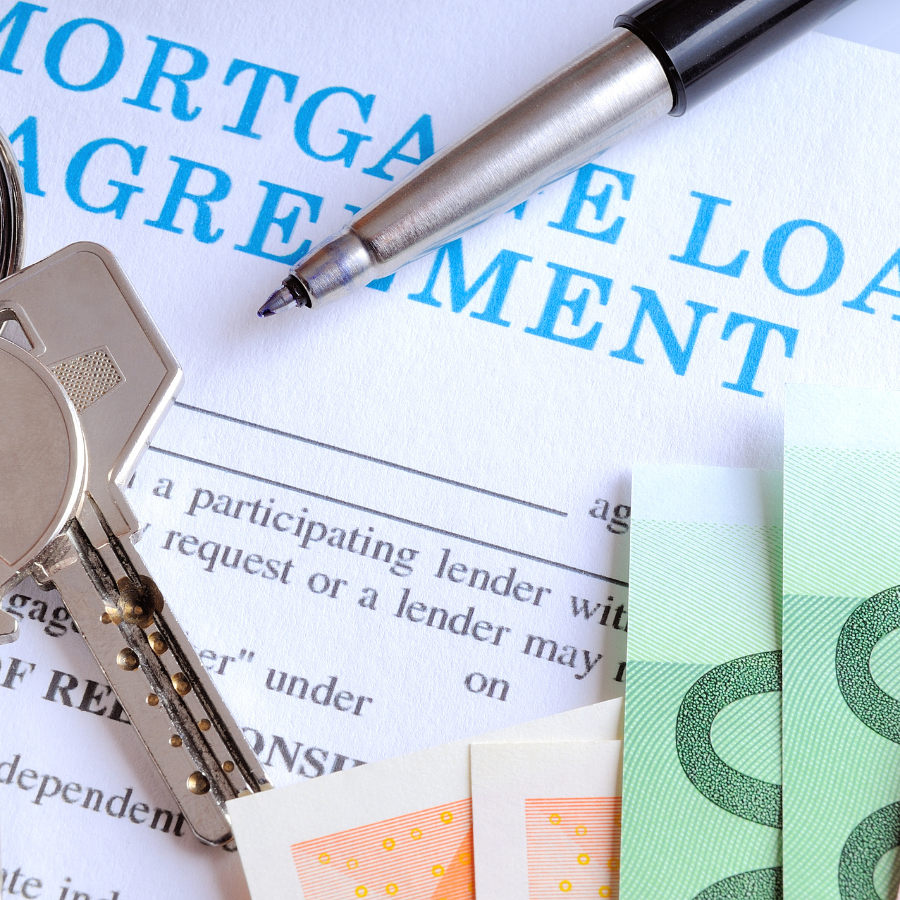
Why Your Credit Score Really Matters
One of the first things a lender checks is your credit score. This little number packs a punch!
A higher credit score often means:
Better mortgage rates
Lower monthly payments
More loan options
Less money needed upfront
If your score is low, that’s okay. You can work on it by paying bills on time, keeping credit card balances low, and avoiding big purchases before applying.
Even a small boost in your score can help you qualify for a better deal!
Pre-Approval vs. Pre-Qualification: What’s the Difference?
You’ve probably heard both terms. But they’re not the same!
Pre-qualification is a quick estimate. It’s based on what you tell the lender.
Pre-approval is more solid. The lender checks your credit and income to see how much you can borrow.
Getting pre-approved shows sellers you're serious and ready to buy. It can give you an edge in a competitive market—especially with Southern NH houses for sale going fast.
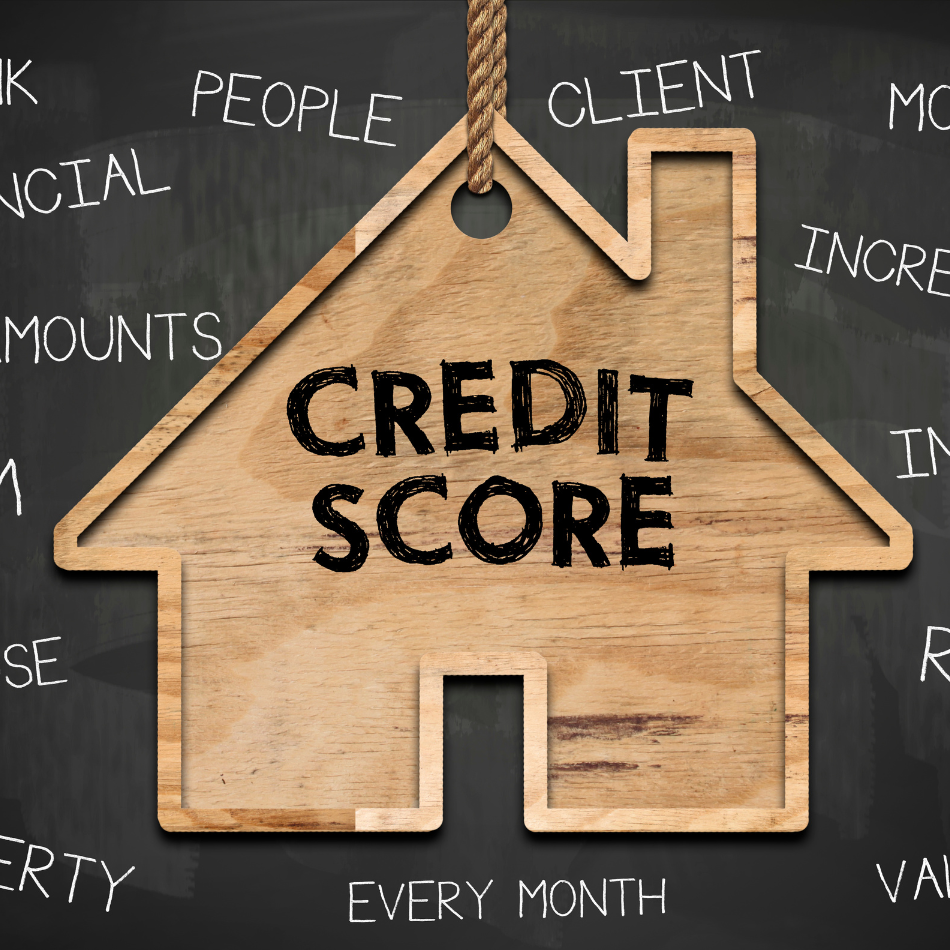
Fixed vs. Adjustable Rate Mortgages
Now let’s talk about types of mortgages. This part matters a lot.
Fixed-rate mortgage: Your interest rate stays the same the whole time. It’s steady and predictable.
Adjustable-rate mortgage (ARM): Your rate might start low, but it can go up or down later.
Most first-time buyers like fixed rates because they’re easier to budget for. But every situation is different. A real estate expert or lender can help you decide what fits you best.
How Much Can You Afford?
Here’s a truth bomb: Just because a bank says you can borrow a certain amount doesn’t mean you should.
Stick to a monthly payment you feel comfortable with. Think about other bills, savings goals, and everyday expenses.
A good rule? Your monthly payment (including taxes and insurance) shouldn’t be more than 28-30% of your gross monthly income.
If you're browsing Londonderry houses for sale, knowing your comfortable budget makes it easier to narrow down your options and avoid disappointment.
What’s in a Mortgage Payment?
Your monthly mortgage payment includes more than just your loan.
Here’s what it usually covers:
Principal (the loan itself)
Interest (the fee for borrowing)
Taxes (based on your town and home value)
Insurance (protects your home)
Sometimes, your lender collects the taxes and insurance as part of your monthly payment, then pays them for you. This is called an escrow account.
The Truth About Down Payments
You’ve probably heard that you must put down 20%. That’s a myth!
Yes, 20% down helps you avoid paying something called PMI (Private Mortgage Insurance). But many buyers—especially first-timers—put down way less.
Some loans let you put as little as 3% down. Veterans and eligible buyers can even get a VA loan with 0% down.
The key is talking with a lender to find the right loan for your situation. You don’t need to be rich to buy a house!
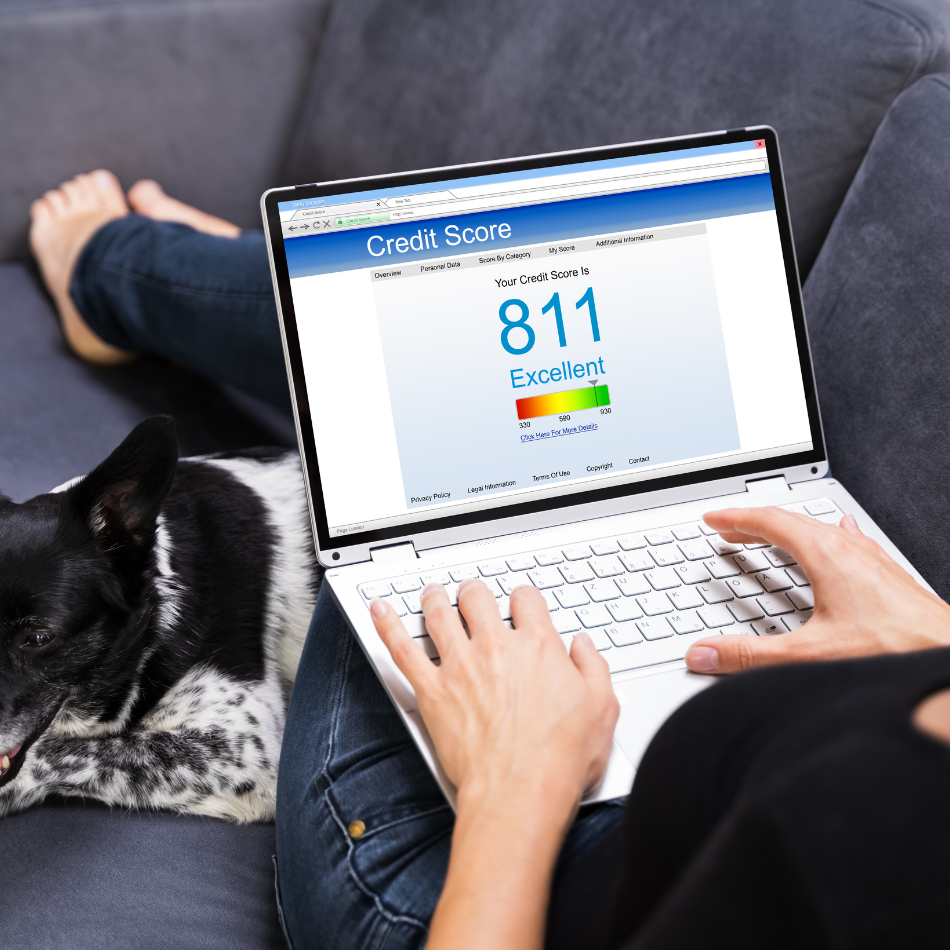
Helpful Mortgage Info for Buyers: Loan Types to Know
Let’s look at some common loan types:
Conventional Loan – Great credit? Solid income? This one fits many buyers.
FHA Loan – Lower credit score? Smaller down payment? FHA might be for you.
VA Loan – For veterans, active-duty, and some spouses. No down payment required.
USDA Loan – Buying in a rural area? This government-backed loan could help.
Each loan has pros and cons. A real estate pro can guide you to a lender who explains it all clearly.
What About Closing Costs?
Closing costs are the fees you pay when the deal is done. They usually range from 2% to 5% of the loan amount.
They cover things like:
Loan origination fees
Appraisal
Title search
Attorney fees
Home inspection
Prepaid taxes and insurance
Sometimes, the seller will agree to cover some of these costs. It’s something your real estate agent can help you negotiate!
Tips to Boost Your Mortgage Approval
Want to look your best on paper? Here’s how to prep for your mortgage:
Check your credit report and fix any errors
Pay off small debts if you can
Don’t open new credit cards or loans right before applying
Save for your down payment and closing costs
Keep steady income (don’t switch jobs right before closing)
Doing these things builds confidence with lenders and sets you up for success.
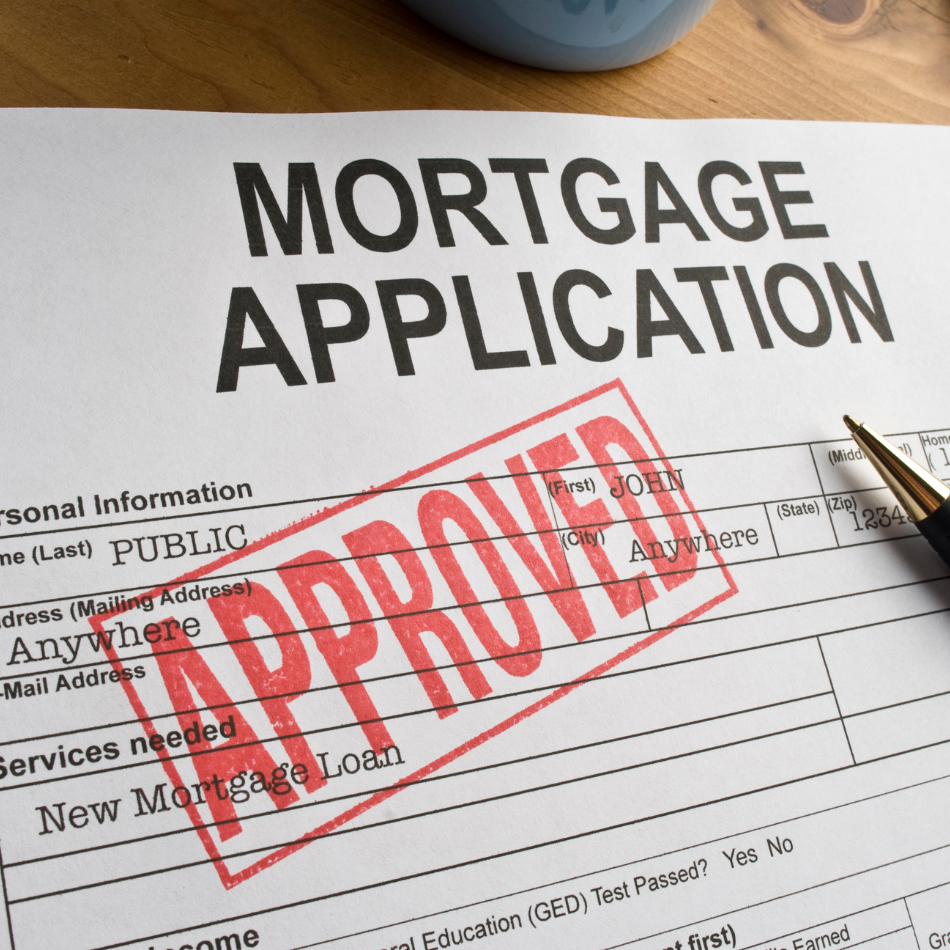
Should You Buy Points to Lower Your Rate?
Some buyers choose to buy points to get a lower interest rate. One point usually costs 1% of your loan amount and can lower your rate by 0.25%.
Example: On a $300,000 loan, one point costs $3,000.
This only makes sense if you plan to stay in the home for several years. It saves you money over time, but you pay more upfront.
Talk with your lender about your plans before deciding.
Local Markets Like Southern NH Are Hot
If you’re looking in Southern NH, the market is active—but not impossible. With the right plan, you can find a home you love and afford.
Londonderry houses for sale are popular for a reason. They offer good value, great schools, and a strong community vibe.
Having the right mortgage info helps you act fast when the perfect home hits the market.
Working with the Right Real Estate Pro Makes a Difference
Even with all this helpful mortgage info for buyers, the process still has twists and turns. That’s why it helps to have a local real estate expert in your corner.
A good agent will:
Connect you with trusted lenders
Explain the fine print
Help you understand offers
Negotiate the best deal
Stay by your side from start to finish
And that’s exactly what I do!

Start Here: Understanding Mortgages Made Simple
Buying a home is a big deal—but it doesn’t have to be stressful. With the right knowledge and the right team, you can feel confident every step of the way.
From mortgage basics to down payment tips and beyond, this helpful mortgage info for buyers is just the beginning.
Looking at Londonderry houses for sale or exploring all that Southern NH houses for sale have to offer? I’m here to help you navigate every step.
Let’s talk when you're ready to take that exciting next step!
If you need helpful mortgage info for buyers, or are ready to sell your house give us a call at (603) 883-8840. You can also sign up for your dream home search or reach out to Our Agents for more information. We’d love to help you with your real estate needs.
